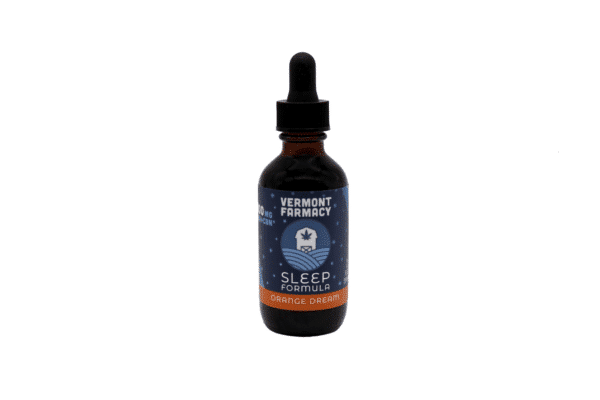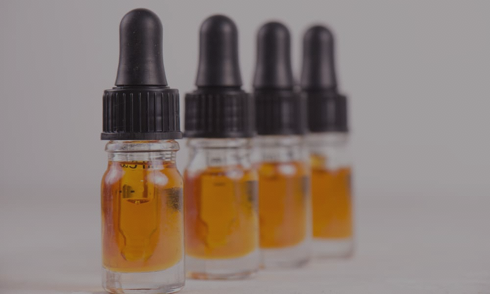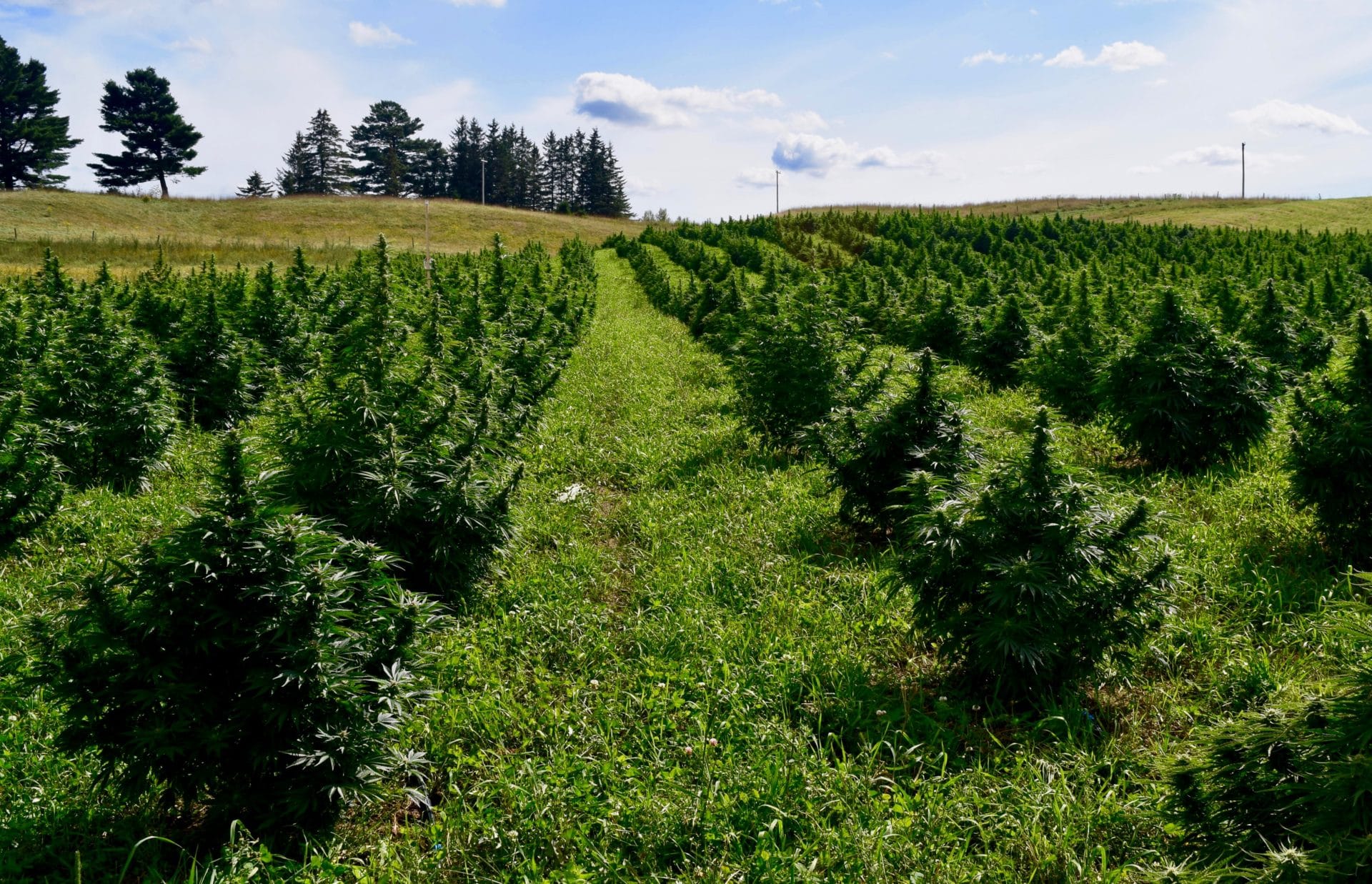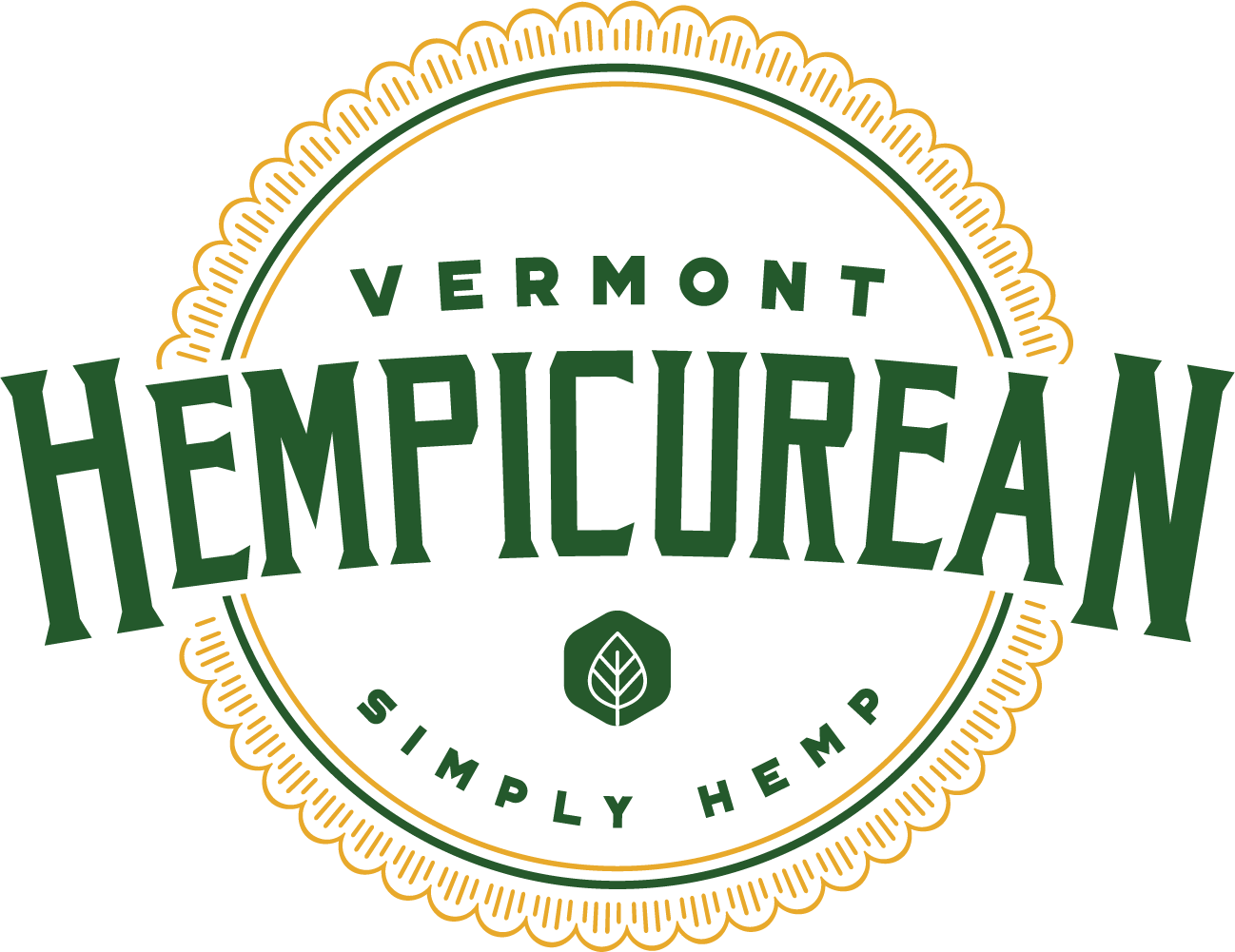What is CBD?
Cannabidiol (can·na·bid·i·ol /kanəbəˈdīäl) CBD—is one of many unique cannabinoids found in the hemp plant. Cannabinoids are just one type of chemical compound found in cannabis. Multiple scientific studies as well as first person testimonials have suggested an array of potential benefits from regularly using CBD. CBD research suggests potential help with a multitude of conditions. (These statements have not been evaluated by the FDA and are not intended to diagnose, treat, or cure any disease. Always check with your physician before starting a new dietary supplement program).
Will CBD get me “high”?
No. CBD is derived from industrial hemp, which by law must not exceed 0.3% THC which is the cannabinoid that has psychoactive properties.
How do I take CBD and how much do I take to get any benefits?
CBD comes in many forms including tinctures, oils, capsules, creams, food and drinks, and vape pens. There are varying amounts of CBD in products, ranging from about 10mg to about 200mg and each person must decide what dosage works best for them. We suggest starting with a low dosage and working up from there until it is effective. Learn more about how to use CBD oil.
Is CBD good for pets too?
Research and first person accounts suggest that pets can benefit from the healing properties in CBD. Just as with humans, all pets are different, and you should consult with your veterinarian before administering any nutritional supplement to your pet. Learn more about using CBD for your dog.





